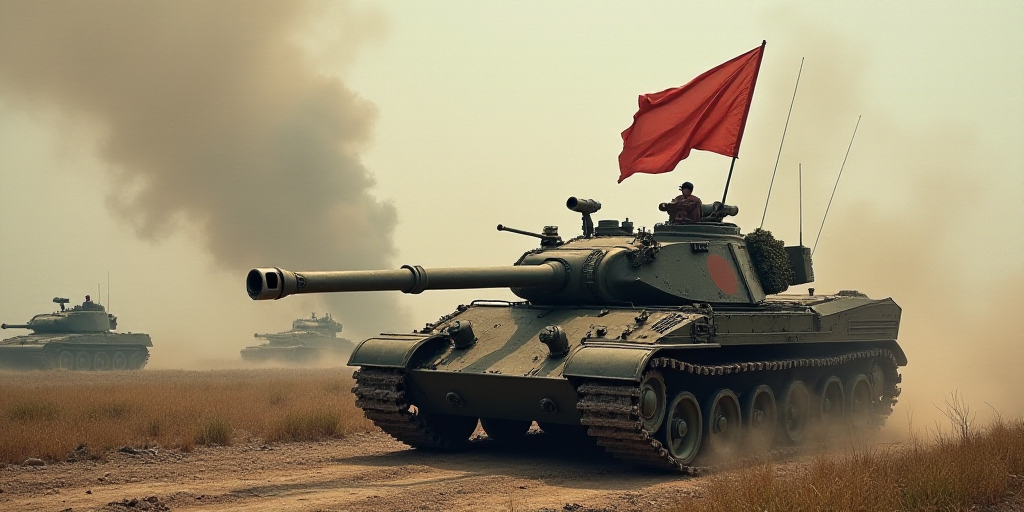Background on the Situation
The Syrian Foreign Ministry has denounced airstrikes by the Israeli military on military installations in Homs and Latakia, located in northern and eastern Syria respectively. This incident marks another escalation in the ongoing tensions between Israel and Syria.
Who is Bashar Al-Assad?
Bashar Al-Assad was the President of Syria from 2000 until his resignation in December 2011, following widespread protests against his rule. He is the son of former President Hafez Al-Assad, who governed Syria from 1970 until his death in 2000. Bashar Al-Assad, an ophthalmologist by training, was groomed to succeed his father and took office following the death of Hafez Al-Assad.
The Rise of Yihadist Groups
Following Bashar Al-Assad’s resignation in 2011, the Syrian conflict intensified with various rebel groups and yihadist organizations, such as Hayat Tahrir al-Sham (HTS), vying for control. HTS, led by Ahmed al-Shara, took over Damascus in December 2023, leading to a power vacuum and increased military activity from neighboring countries like Israel.
Israeli Military Actions in Syria
Since the fall of Bashar Al-Assad, Israel has conducted numerous military incursions into Syrian territory. These actions are driven by Israel’s desire to protect its northern border from perceived threats posed by Iran and Hezbollah, both allies of the Syrian government.
Key Targets and Impact
- Auras, Homs: Israeli jets targeted this area, resulting in multiple explosions. The attacks have raised concerns about Israel’s intentions and potential escalation of the conflict.
- Saqubin Military Base, Latakia: Another target of the Israeli strikes, this base houses Syrian military equipment and personnel. The attack’s impact on Syria’s defense capabilities remains unclear.
- Human Cost: According to the Syrian Observatory for Human Rights, there have been 86 aerial and 11 ground attacks by Israel on Syrian territory since early 2025, resulting in 61 fatalities.
International Response and Calls for Action
The Syrian Foreign Ministry has urged the international community, specifically the UN Security Council, to take a clear and firm stance against these alleged violations of international law by Israel. The Syrian government argues that such actions threaten regional stability and undermine its sovereignty.
Key Questions and Answers
- Who is involved in the conflict? The primary parties are Syria, supported by Iran and Hezbollah, and Israel, which seeks to protect its northern border from these allies.
- What are the main concerns of each side? Syria and its allies aim to regain control over the entire country, while Israel aims to prevent Iranian entrenchment in its northern neighbor.
- How has the international community responded? The Syrian government has called on the UN Security Council to condemn Israel’s actions, but no formal resolution has been passed yet.






